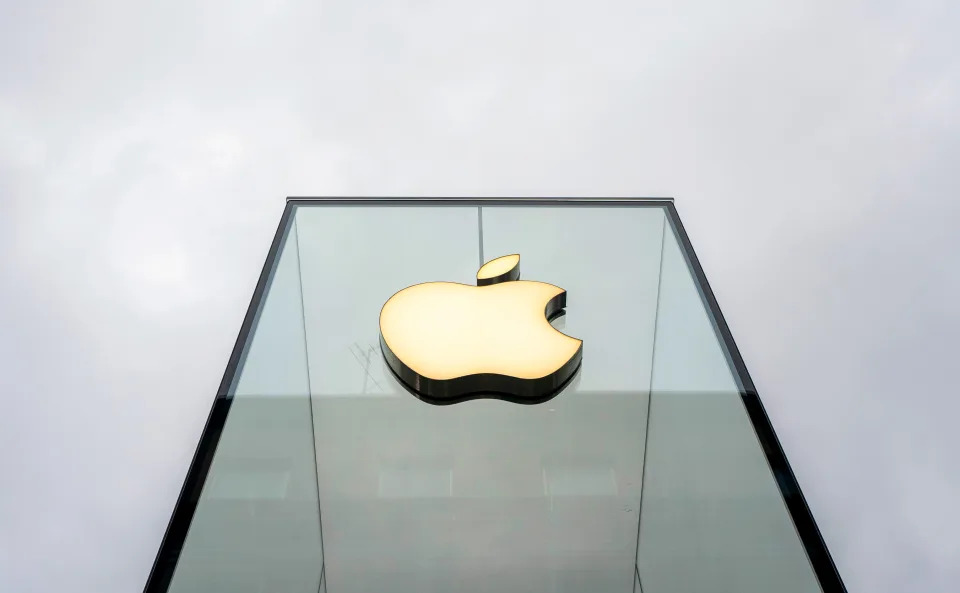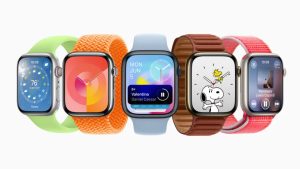The ongoing struggle to make Apple’s iMessage universally compatible has seen minimal progress, but now, Google and other mobile operators are leveraging the European Union’s Digital Market Act (DMA), as reported by the Financial Times. Set to take effect in 2024, the DMA mandates that “gatekeepers,” including major companies like Google, Apple, and Samsung, refrain from favoring their own systems or restricting third-party interoperability.
The European Commission is currently investigating whether iMessage’s current operation violates the DMA. Apple contends that its “small scale relative to other messaging services” and the lack of mandatory use or associated costs render it irrelevant to the law. Nevertheless, executives from Google, Vodafone, and Orange assert in a joint letter that iMessage qualifies as “enriched” messaging exclusive to Apple users.
Apple’s iMessage subtly incentivizes communication within the Apple ecosystem, with chats appearing in blue until an Android user is introduced, at which point they turn green. Additionally, Android users experience lower-quality photos and videos when sent through iMessage. The platform also allows for Wi-Fi transmission of messages, reducing the reliance on data, a feature not shared by other messaging apps.
In response to the challenge, Apple has stated, “Consumers today have access to a wide variety of messaging apps, and often use many at once, which reflects how easy it is to switch between them. iMessage is designed and marketed for personal consumer communications, and we look forward to explaining to the commission why iMessage is outside the scope of the DMA.”
If the efforts against Apple prove successful, it would signify the latest change mandated by the European Commission. Notably, Apple’s recent iPhone 15 release omitted the lightning charger in compliance with a law requiring all new mobile devices sold in the EU to feature a USB-C port by the end of 2024.




